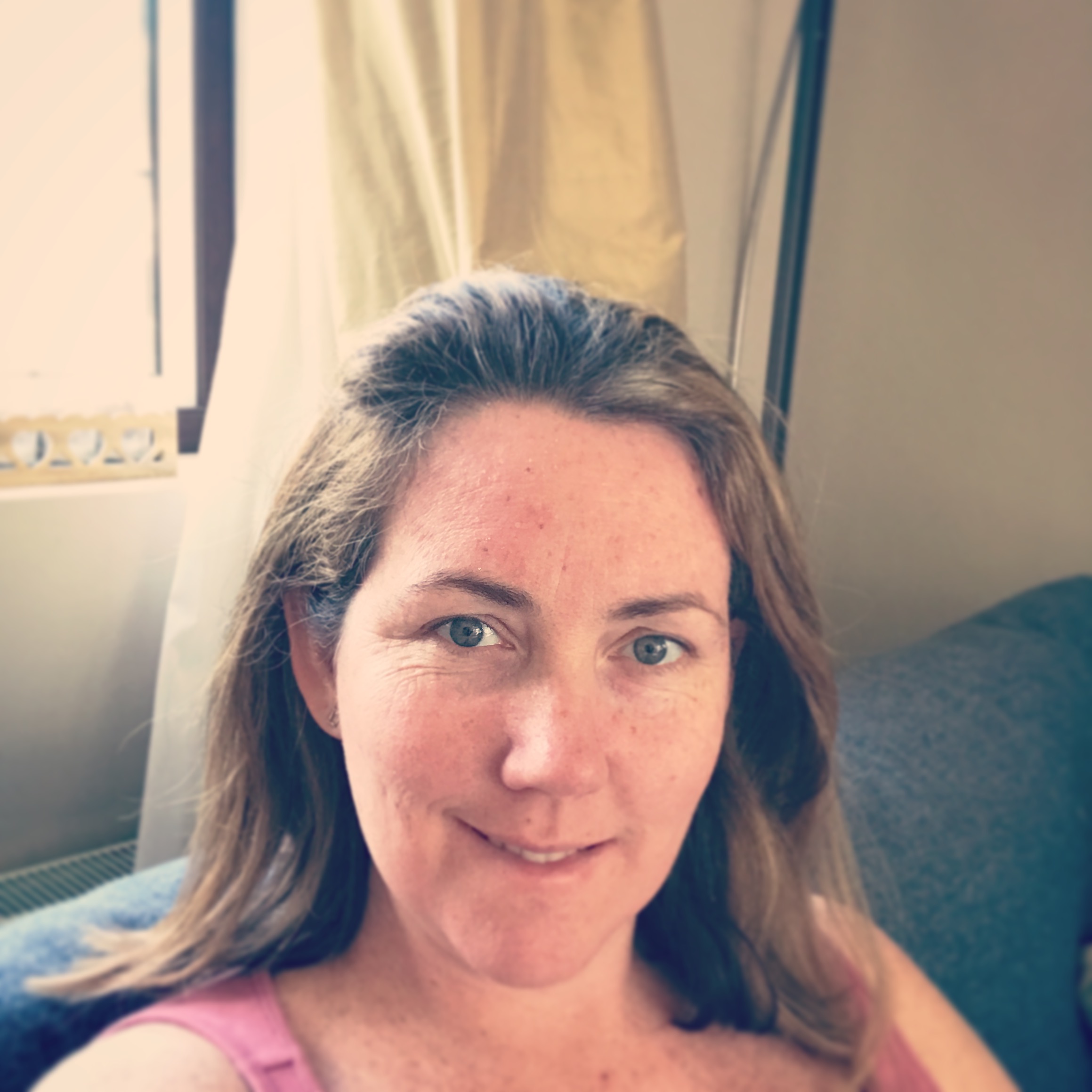Kavina is the dyspraxic founder of Danzability, which she co-founded with her daughter. Danzability has the motto “everybody has the ability to dance and live life to their full potential”.
In this Q&A Kavina shares insights into her life, before and after being diagnosed as dyspraxic.
Tell me a little about yourself?
I am a qualified childcare professional with over 30 years of experience working with children and young people 0-16 including those who have special needs. I currently work 3 days a week in a leisure centre creche for a company that I have been employed by for over 20 years. When I am not at the leisure centre I lead inclusive dance and dance based personal development classes and recently completed a training in Seated Sosa, a dance and exercise programme suitable for older people and people who have disabilities and/or medical conditions. My dance teaching career started much later in life around the age of 40 but following my Biodanza training my confidence grew. My daughter and I founded Danzability which has its motto “everybody has the ability to dance and live life to their full potential”, after attending several courses including dance for older people and for Dance Parkinsons.
When were you diagnosed?
I wasn’t diagnosed in childhood other than some recognition that my balance and coordination made me slow and clumsy which needed extra support at school. It was much later, through my training in childcare, work and research, that I realised I had dyspraxia. My doctor confirmed this was most likely when I went to him for support to get what was then Severe Disabled Allowance ( now DLA and soon to be PIP).
What was life liked before you were diagnosed?
Life was hard throughout my childhood. I was bullied, under estimated and viewed as an embarrassment. I avoided PE lessons like the Plague and kept my love for music and dancing in my bedroom. I spent a lot of time on my own reading and writing when I was young.
What has changed since you were diagnosed ?
Since I found out about my condition I have been using it to my full advantage to help me get what I need for life and for setting a positive example to others who have disability or medical condition. I was student rep at uni campaigning for disability rights, have given talks at events like The Best You Show , to inspire people and have used my dance classes to fun raised for the Dyspraxia Foundation.
What changes would you like to see to ensure inclusion and support for the Neurodivergent?
I struggle with keyboards and the mouse on computers so have to use a tablet. I would like all computer systems in college and in the workplace to be touch screen and/ or voice activated as I rely on my daughter to help me do most of the IT for Danzability Many people like me who are neurodivergent , don’t like crowds and noisy environment. Having more quiet areas , quick queues and disability access seating in venues would be some more changes that I would make.
You can find out more about Kavina and Danzability at http://danzability.com/
If you would like to be featured in a Neurodiversity Q&A, then please get in touch.


